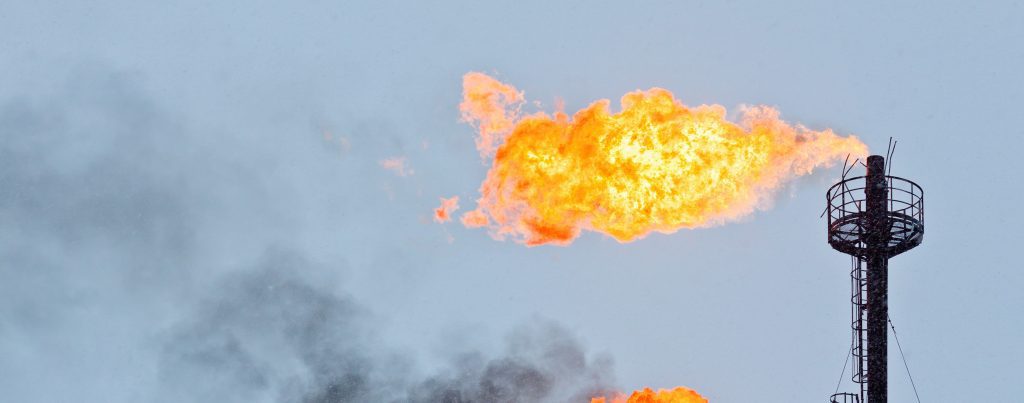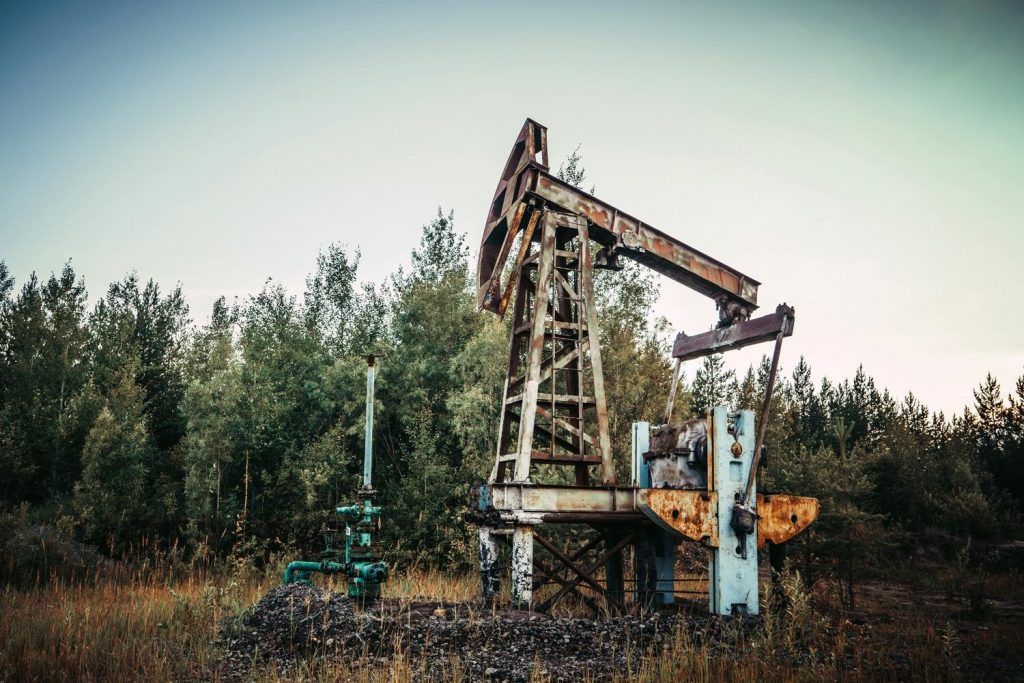The world’s leading authority on climate change just released its scientific assessment of global climate change. The report from the Intergovernmental Panel on Climate Change (IPCC), the Nobel prize-winning scientific body, is both scary in its description of how climate change is affecting our world and surprisingly hopeful in describing our ability to tackle the challenge.
First, the glass half empty part. The impacts of climate change are accelerating because humans are emitting greater and greater amounts of carbon pollution. The result is that a large fraction of the world’s species are at risk of extinction. Food insecurity is rising because of impacts on fish stocks and staple crops such as wheat, corn, and rice.
Human health is being compromised because we are facing more heat waves, dangerous storms, and flooding. Populations of people are being displaced from their homes due to extreme weather and there is also an increased risk of violent conflict as people fight over dwindling resources such as water and food. Unfortunately, poor and disadvantaged people—in all countries, including Canada and other industrialized nations—are those most greatly affected.
In sum, the report finds that climate change holds great risks for our lives and our economies. This report is clear that although there are costs associated with cutting carbon pollution, a continued failure to act on climate change threatens our future prosperity. If we continue down this path, the IPCC warns that there will be “severe, pervasive, and irreversible impacts” for people and ecosystems.
I’ll be honest. All this scares the hell out of me.
But the report also fosters hope. Though some warming is unavoidable and many impacts will continue and even worsen in the near future, we still have time to act, and what the future looks like will largely be determined by those actions.
And the report’s authors are calling for some pretty serious actions, namely putting an end to the use of coal, oil, and natural gas. Sounds daunting, right? But one of the report’s other findings is that we already have all the solutions at hand. It is technologically and economically possible to replace fossil fuels with clean, renewable energy and greater energy efficiency.
It’s a big challenge. But the reality is that taking strong action to avoid dangerous climate change holds minimal economic costs. The IPCC synthesized all the economic studies and estimated the cost to the global economy of switching to clean energy as 0.06 per cent per year in lost growth. So instead of the global economy growing by 2.3 per cent per year this century, bold and decisive action would still allow economic growth of 2.24 per cent per year. Wow, is that what we’re fighting over?
There’s more. Remember that lack of action means a fundamental change to human societies that will have much greater economic consequences. Also, the IPCC points out all the other benefits of shifting to clean energy and reducing our carbon pollution. In a world that takes climate change seriously, people are healthier, there is greater equity, poverty is more easily eliminated, jobs are more plentiful, and sustainable development is easier to achieve. That sounds like a world I want to live in, the kind I’d be happy rather than embarrassed or afraid to leave to my kids.
The solution lies with us. We need to tell our leaders we want to get off fossil fuels like coal and oil and to accelerate the shift towards energy technologies that don’t imperil our future.








